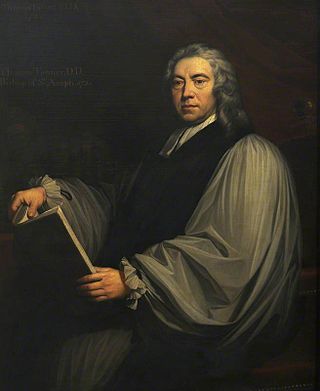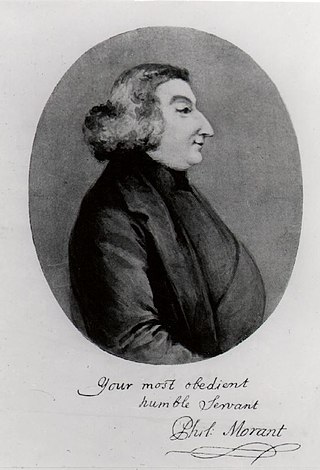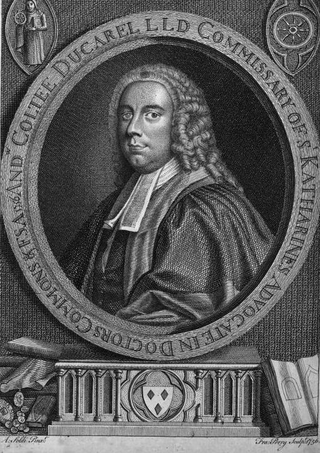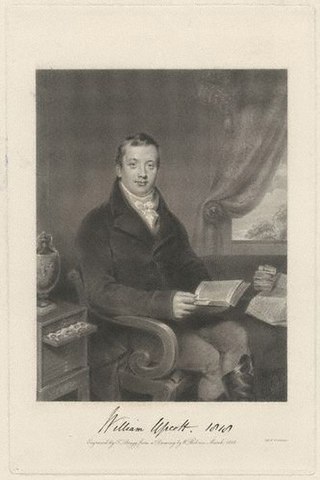Related Research Articles

Lexden is a suburb of Colchester and former civil parish, in the county of Essex, England. It was formerly a village, and has previously been called Lessendon, Lassendene and Læxadyne. In 2011 the ward had a population of 5,549.

Thomas Tanner was an English antiquary and prelate. He was Bishop of St Asaph from 1732 to 1735.

Halstead is a town and civil parish in the Braintree District of Essex, England. Its population of 11,906 in 2011 was estimated to be 12,161 in 2019. The town lies near Colchester and Sudbury, in the Colne Valley.

Hedingham & Chambers is a bus operator, part of the larger Go East Anglia unit within Go-Ahead, consisting of the Hedingham and Chambers brands. The group was formed when Go-Ahead purchased the two firms in June 2012. Since the sale, the two brands have been retained with assets, such as depots, shared along with the launch of a unified website in 2021.
Sir Joseph Ayloffe, 6th Baronet FRS, FSA was an English antiquary.

Philip Morant was an English clergyman, author and historian.

Earls Colne is a village in Essex, England named after the River Colne, on which it stands, and the Earls of Oxford who held the manor of Earls Colne from before 1086 to 1703.
Earls Colne Grammar School was a grammar school in Earls Colne, Essex, England that was founded in 1520 and closed in 1975.

Thomas Martin, known as "Honest Tom Martin of Palgrave", was an antiquarian and lawyer.
Richard Symonds (1617–1660) was an English royalist and antiquary, now remembered for an eye-witness diary he wrote of events of the First English Civil War.

William Cole, was a Cambridgeshire clergyman and antiquary, known for his extensive manuscript collections on the history of Cambridgeshire and of Buckinghamshire.

Andrew Coltée Ducarel was a French-English antiquary, librarian, and archivist. He was also a lawyer practising civil law, and a member of the College of Civilians.
Henry Ferrers was an English antiquary and MP.

William Upcott (1779–1845) was an English librarian and antiquary.
John Lodge (1692–1774) was an English archivist and historian, best known for his work The Peerage of Ireland, a complete genealogical history of Irish peers.
Thomas Wotton, was an English antiquarian and genealogist, best remembered for his work The English Baronetage.
Craven Ord (1756–1832) was an English antiquarian. He was particularly noted for his brass rubbings.
William Samuel Powell, D.D. (1717–1775) was an eighteenth century academic and priest, most notably Vice Chancellor of the University of Cambridge from 1765 until 1766; and Archdeacon of Colchester from 1766 until his death. He was elected as a Fellow of the Royal Society in 1764.
Thomas Jekyll was an English antiquarian.
Richard Parsons was an English divine and antiquarian.
References
![]() This article incorporates text from a publication now in the public domain : Goodwin, Gordon (1891). "Holman, William". In Lee, Sidney (ed.). Dictionary of National Biography . Vol. 27. London: Smith, Elder & Co.
This article incorporates text from a publication now in the public domain : Goodwin, Gordon (1891). "Holman, William". In Lee, Sidney (ed.). Dictionary of National Biography . Vol. 27. London: Smith, Elder & Co.